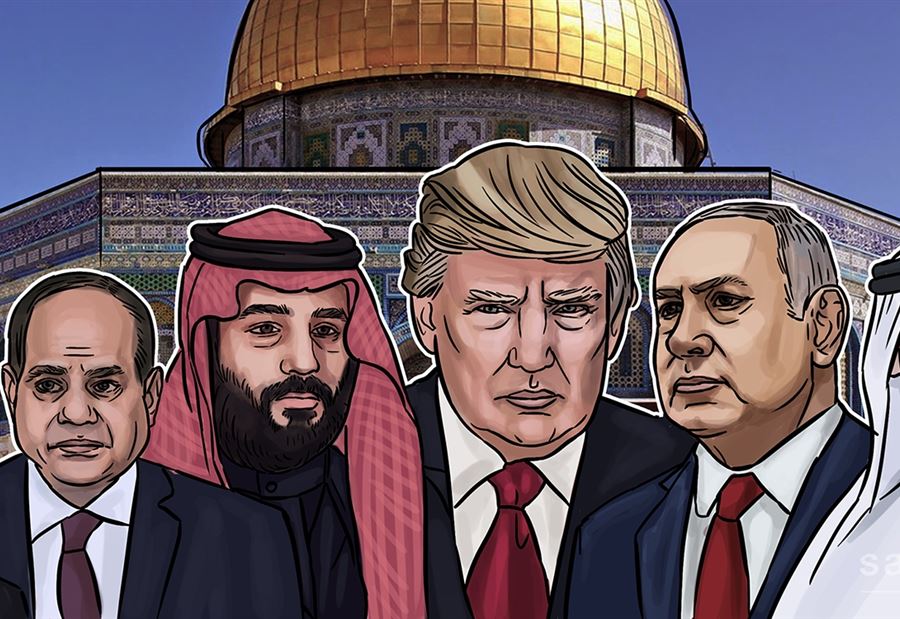The Iranian-Palestinian Plan to Thwart Trump’s Peace Plan خالد أبو طعمة/معهد كايتستون: الخطة الإيرانية الفلسطينية لإجهاض خطة ترامب للسلام Khaled Abu Toameh/Gatestone Institute/June 05/2019 The Palestinians Miss Yet Another Opportunity ألان دايرشويتس/معهد كايتستون: الفلسطينيون يضيعون فرصة أخرى Alan M. Dershowitz/Gatestone Institute/June 05/2019 Making Real Arab-Israeli Peace at the Bahrain Conference شوشانا برين/كايتستون: صناعة سلام حقيقي عربي-إسرائيلي في مؤتمر البحرين Shoshana Bryen/Gatestone Institute/June 05/2019
The Iranian-Palestinian Plan to Thwart Trump’s Peace Plan خالد أبو طعمة/معهد كايتستون: الخطة الإيرانية الفلسطينية لإجهاض خطة ترامب للسلام Khaled Abu Toameh/Gatestone Institute/June 05/2019https://www.gatestoneinstitute.org/14324/iran-palestinians-trump-peace-
The Palestinians Miss Yet Another Opportunity ألان دايرشويتس/معهد كايتستون: الفلسطينيون يضيعون فرصة أخرى Alan M. Dershowitz/Gatestone Institute/June 05/2019 https://www.gatestoneinstitute.org/14344/palestinians-miss-opportunity
Making Real Arab-Israeli Peace at the Bahrain Conference شوشانا برين/كايتستون: صناعة سلام حقيقي عربي-إسرائيلي في مؤتمر البحرين Shoshana Bryen/Gatestone Institute/June 05/2019 https://www.gatestoneinstitute.org/14327/bahrain-conference-peace






















